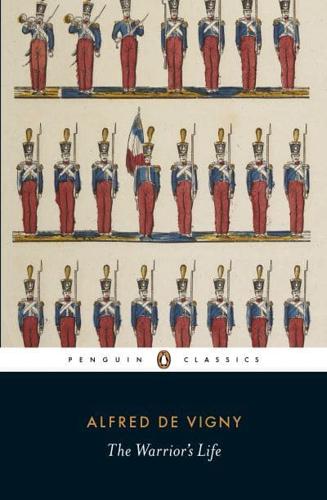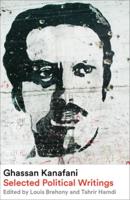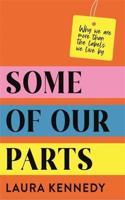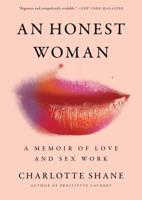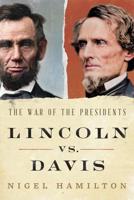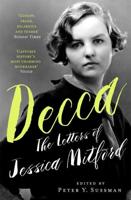Publisher's Synopsis
At the end of the Napoleonic Wars, a generation of French soldiers found themselves haunted by defeat and disappointment. One of these soldiers was Alfred de Vigny, an aristocratic poet who also served as a garrison officer. The Warrior's Life consists of his enigmatic reflections, autobiographical anecdotes and philosophical meditations on the nature of war and the strange life of the soldier, vividly conveying the deprivation and discipline of military service, but also its comradeship, stoicism and stern code of duty. Looking back to a lost age of military valour, haunted by dreams of former glory, this is one of the great works of early nineteenth-century Romanticism.
Alfred de Vigny (1797-1863) came from an ancient military family that was impoverished by the French Revolution. In 1814 he joined the royal bodyguard, in which he served for thirteen years, but he never saw serious action.The feeling of stasis and regret this engendered, of having been just too young to have been involved in the drama and high adventure of the Napoleonic Wars is the great theme of his most famous work, The Military Life (Servitude et grandeur militaires). Even before he had resigned from the army he was already famous as a key French writer of the Romantic movement, through such works as his Poèmes antiques et modernes (1826). Much of the remainder of his life was spent withdrawn from Parisian society, dogged by financial worries and caring for his mother and his invalid wife. His remaining major works were published posthumously: most notably Journal d'un poète and the poems Les Destinées.
Roger Gard, who died in 2000, was educated at Abbotsholme School, Derbyshire, in the Royal Artillery and at Corpus Christi College, Cambridge.He was Emeritus Reader in English in the University of London. He was the author of books on Henry James, Jane Austen and the teaching of fiction in schools. He also edited Henry James's A Landscape Painter and Other Tales, The Jolly Corner and Other Tales and a selection of his literary criticism, The Critical Muse, for Penguin Classics.
